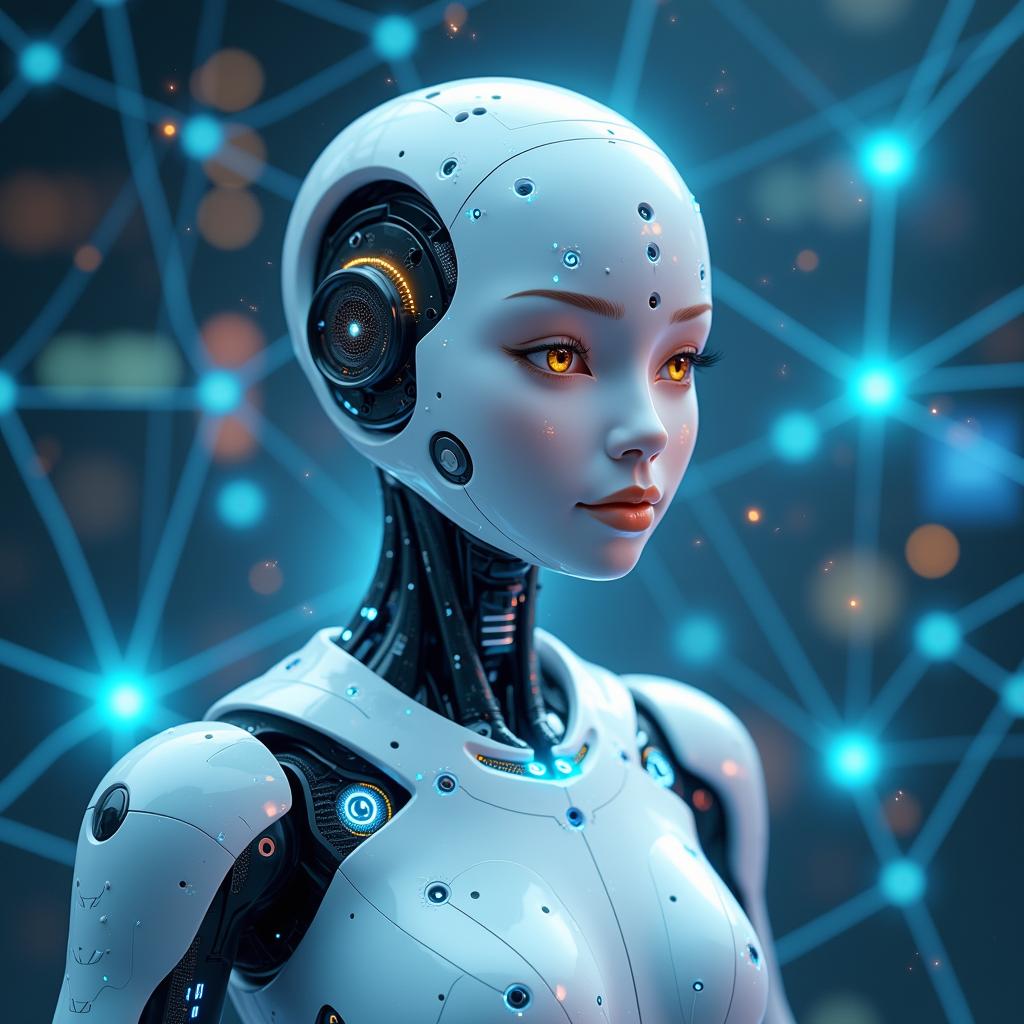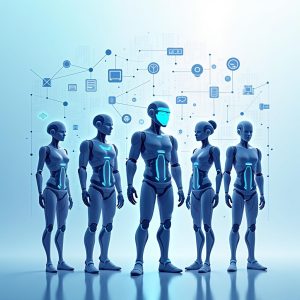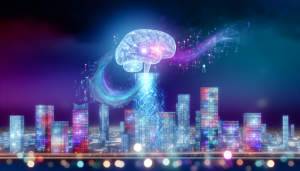In the rapidly evolving landscape of artificial intelligence, relational agents represent a fascinating and innovative approach to human-computer interaction. These sophisticated AI systems are designed to go beyond traditional transactional interfaces, focusing instead on creating meaningful, empathetic, and personalized interactions with users.
At their core, relational agents are AI-powered digital entities that aim to build and maintain social-emotional connections with humans. Unlike standard software interfaces that simply process commands, these agents are programmed to understand and respond to human emotions, context, and individual preferences. They leverage advanced natural language processing, machine learning, and behavioral psychology principles to create more engaging and supportive interactions.
How Relational Agents Work
The technology behind relational agents is complex and multifaceted. These systems utilize several key components:
• Emotion recognition algorithms
• Contextual understanding mechanisms
• Personalization frameworks
• Adaptive communication strategies
For instance, a healthcare relational agent might track a patient’s emotional state during conversations, adjusting its communication style to provide more supportive and encouraging responses. If a patient sounds discouraged about a treatment plan, the agent can modify its language to be more empathetic and motivational.
Real-World Applications
Relational agents are finding applications across multiple domains:
1. Healthcare: Supporting patient engagement and mental health monitoring
2. Education: Providing personalized learning experiences
3. Customer Service: Creating more intuitive and responsive support systems
4. Mental Health: Offering initial screening and supportive conversation
Consider a mental health support chatbot that not only provides resources but also recognizes signs of emotional distress and responds with genuine empathy. These agents can offer preliminary support, track mood changes, and even recommend professional intervention when necessary.
Technological Challenges and Ethical Considerations
While promising, relational agents also present significant challenges. Developers must navigate complex ethical territories, ensuring these AI systems:
• Maintain clear boundaries
• Protect user privacy
• Avoid creating inappropriate emotional dependencies
• Remain transparent about their artificial nature
The goal is to create supportive tools that enhance human experience without attempting to replace genuine human connections.
Future Potential
As artificial intelligence continues to advance, relational agents are poised to become increasingly sophisticated. Future iterations might include:
• More nuanced emotional intelligence
• Better contextual understanding
• Enhanced personalization capabilities
• More natural, human-like interactions
Researchers are exploring ways to make these agents even more responsive and adaptive, potentially revolutionizing how we interact with technology.
The development of relational agents represents a significant milestone in human-computer interaction. By prioritizing emotional intelligence and personalized communication, these AI systems are transforming digital experiences from cold, transactional exchanges to meaningful, supportive interactions.
As technology continues to evolve, relational agents will likely play an increasingly important role in various aspects of our personal and professional lives, bridging the gap between artificial intelligence and human emotional experience.



